
Our paper, “How do archaeologists write about racism? Computational text analysis of 41 years of @SAAorg Annual Meeting Abstracts” is now #openaccess in @AntiquityJ doi.org/10.15184/aqy.2… with @LiyingWang10 & @benmarwick. Our key findings 🧵 … 
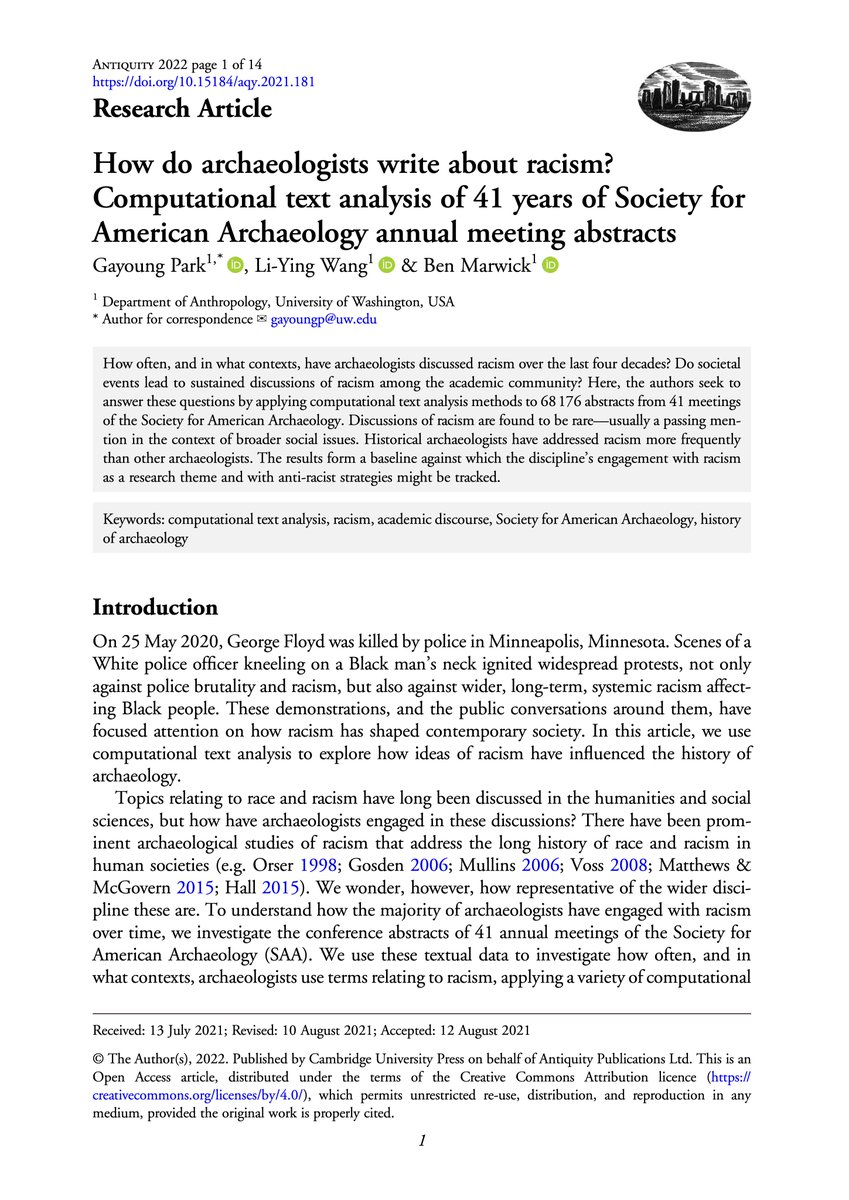
Inspired by #BLM & work by @aflewellen @ArchFieldNotes @AliciaOdewale @HendrattaAli @melissa_cronin, we examine how 1000s of archaeologists have written about #racism using computational text analysis with racism-related keywords: “race", "racial", "racism", and “racist”. 1/ 
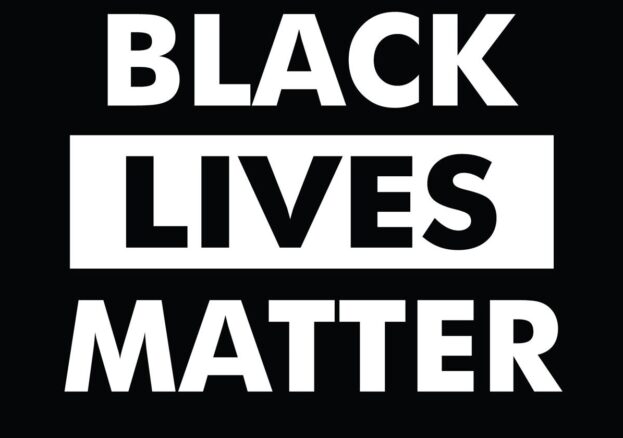
Our computational methods come from the innovative work of @ted_underwood @mljockers @dmimno & only possible thx to the excellent #rstats pkgs by @kenbenoit @opencpu @juliasilge & @drob. Our data are 60,000+ openly available conference abstracts from @SAAorg. 2/ 
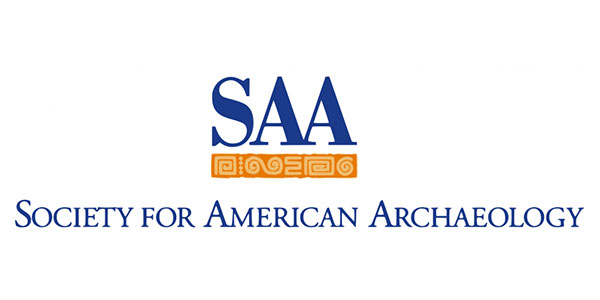
Our results show that these keywords have generally very low frequencies, indicative of their overall rarity in archaeology discourse. The proportion of abstract text related to #racism ⬆️ after 2015 and ⬇️ after 2018, linked to overall participation rates in SAA. 3/ 
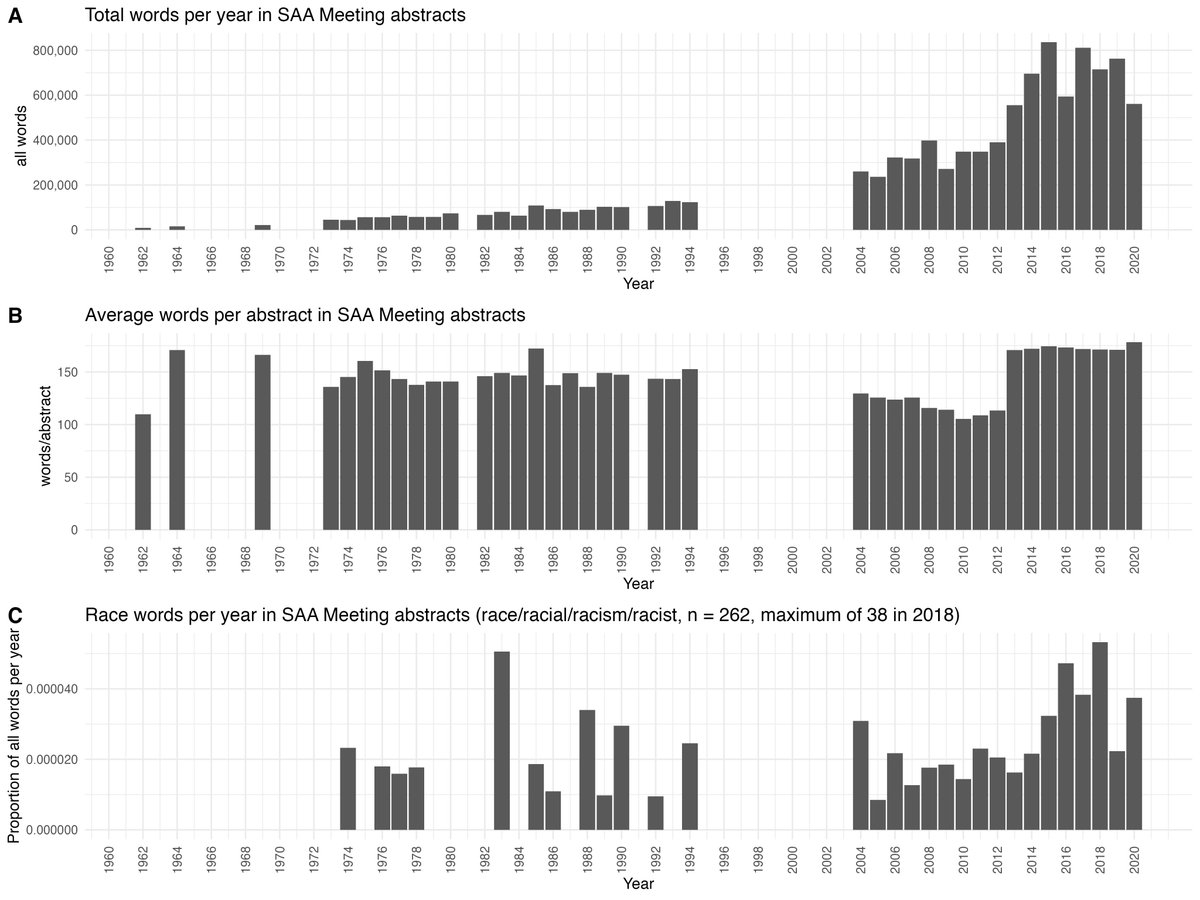
To identify themes present in the abstracts we used topic modeling, an unsupervised machine learning technique that automatically identifies groups of related words (i.e. topics). 4/ 
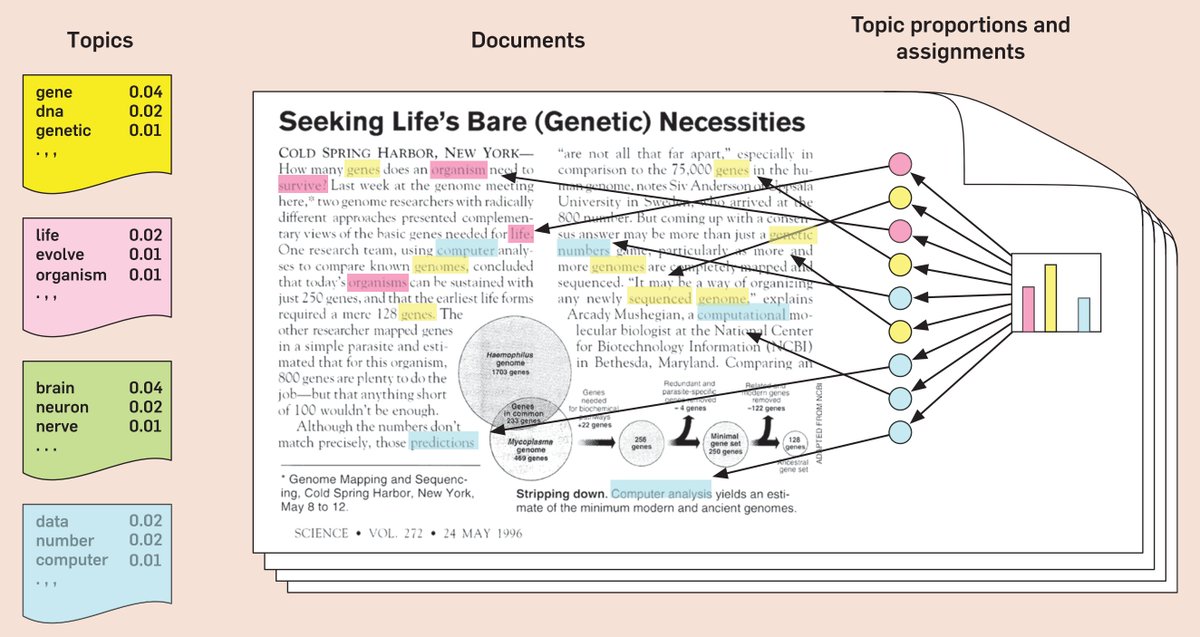
We used the Latent Dirichlet allocation topic modeling algorithm as implemented in the excellent & easy to use stm #rstats package by @mollyeroberts, Brandon Stewart & @dustintingley 5/ 
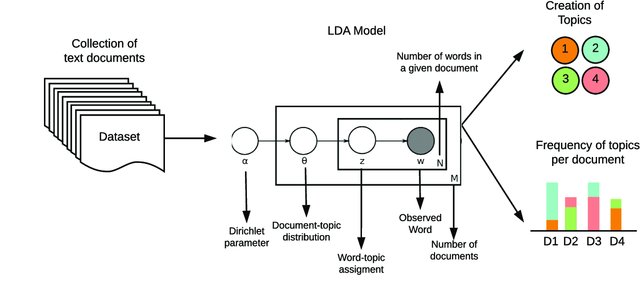
We found that the highest-ranked words in the top 20 most abundant topics are not closely related to racism. Our keywords appear in only 4/80 topics. Related topics: heritage & politics, local history & community projects, & the individual & landscapes. 6/ 
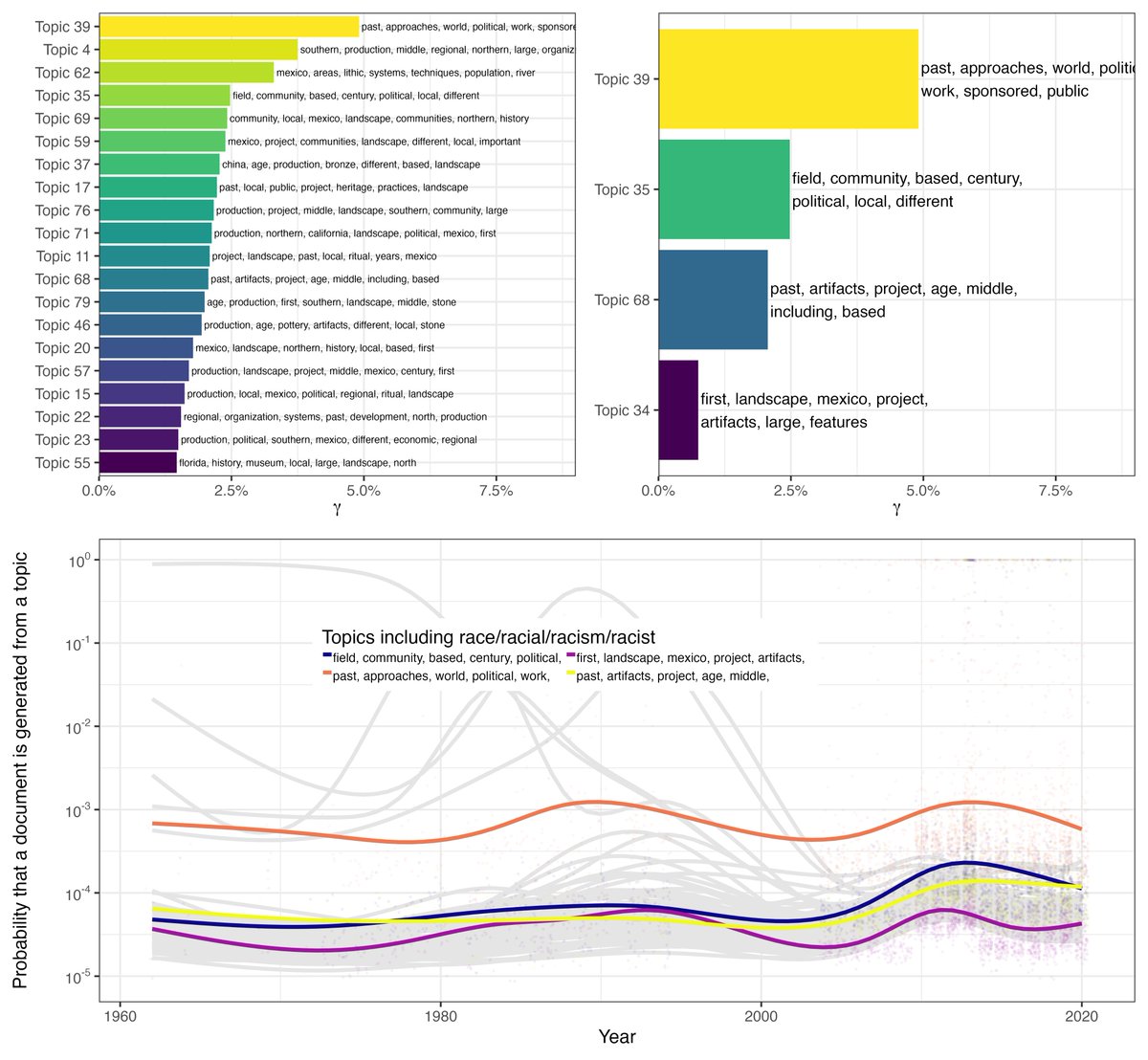
To understand what words were associated with our keywords, we computed pairwise Jaccard similarities between words. If 2 words have a high similarity, it means that their proportion of counts relative to all word counts over 🕒 followed similar trajectories. 7/ 
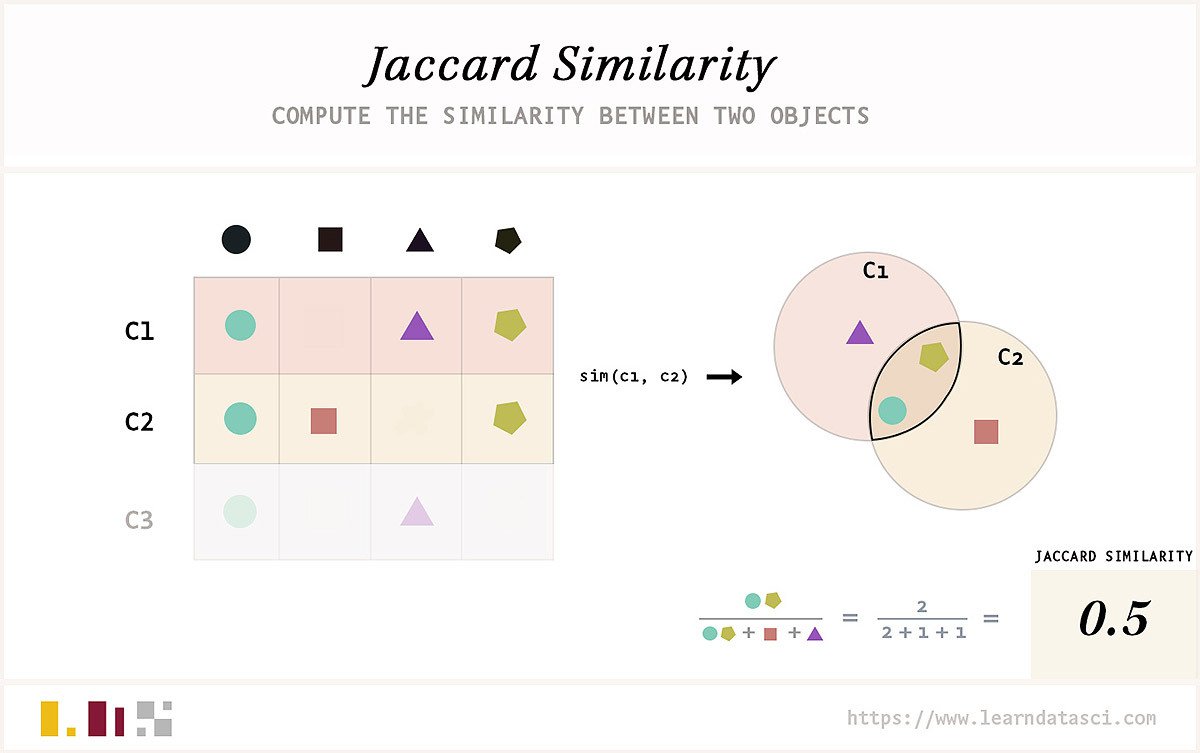
Word similarity analysis shows intersections with related social issues, especially “race”. But most words identified as highly similar are not semantically related to our keywords. Our results show that the keywords were a minor aspect of the main topic of the abstracts. 8/ 
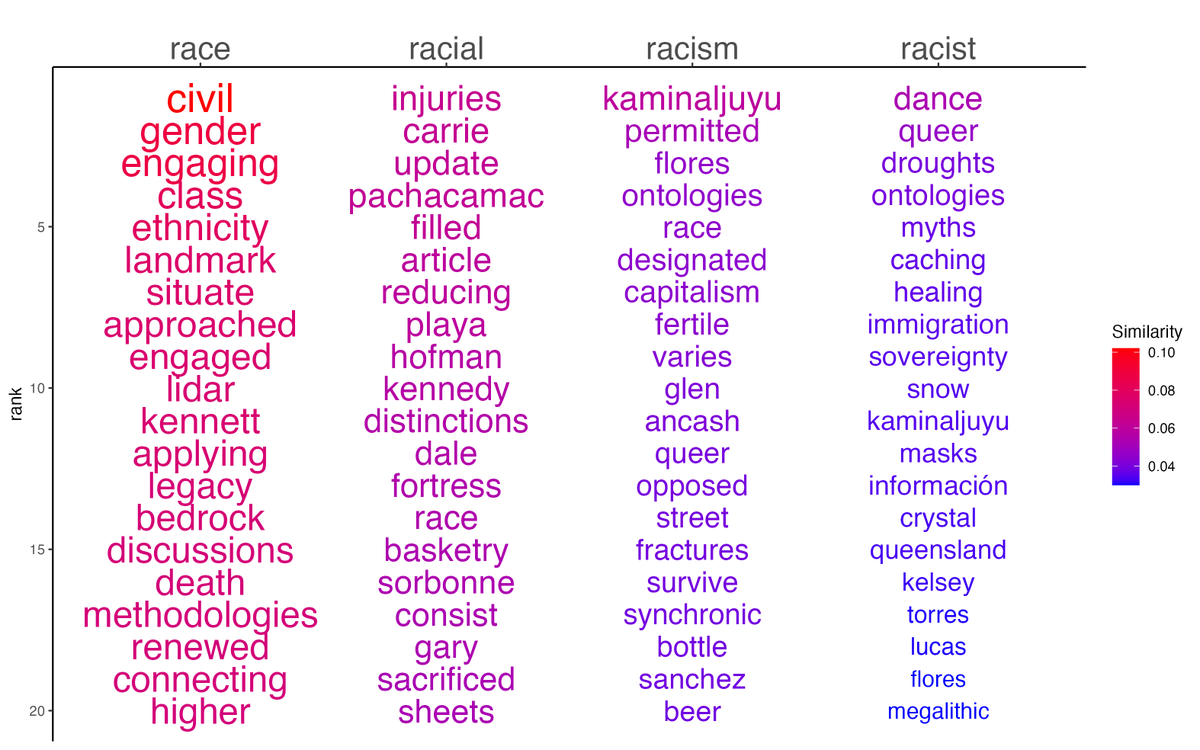
Keyword-in-context (KWIC) analysis helped us explore how the keywords were used in their sentence contexts in the abstracts based on the premise that the meaning of a word can be inferred based on its neighbors (window size of 5 words around the keywords) in a sentence 9/ 
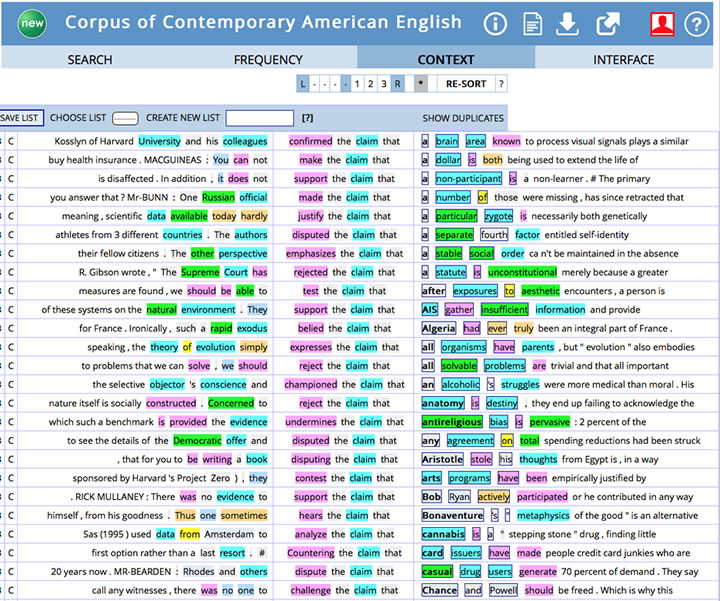
KWIC shows that our keywords are often located directly adjacent to semantically relevant words. We can infer that archaeologists recognise the European colonial origins of racial thinking, and how it has resulted in social and economic segregation and inequality. 10/ 
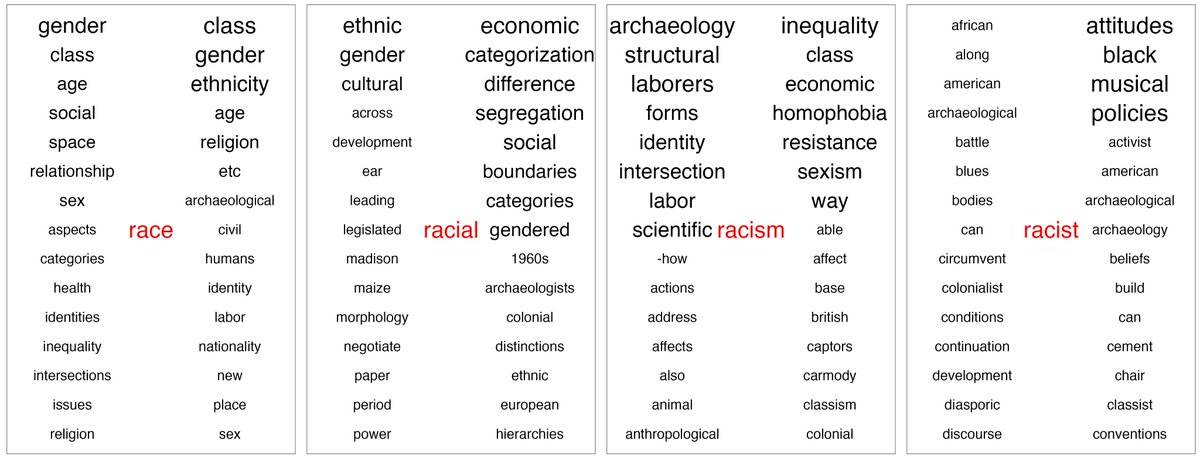
We explore temporal correlations between the use of #racism keywords & racism-related historical events in 🇺🇸 : social events (n = 709) tended to result in ⬇️ discussion of #racism in the following year. 11/ 
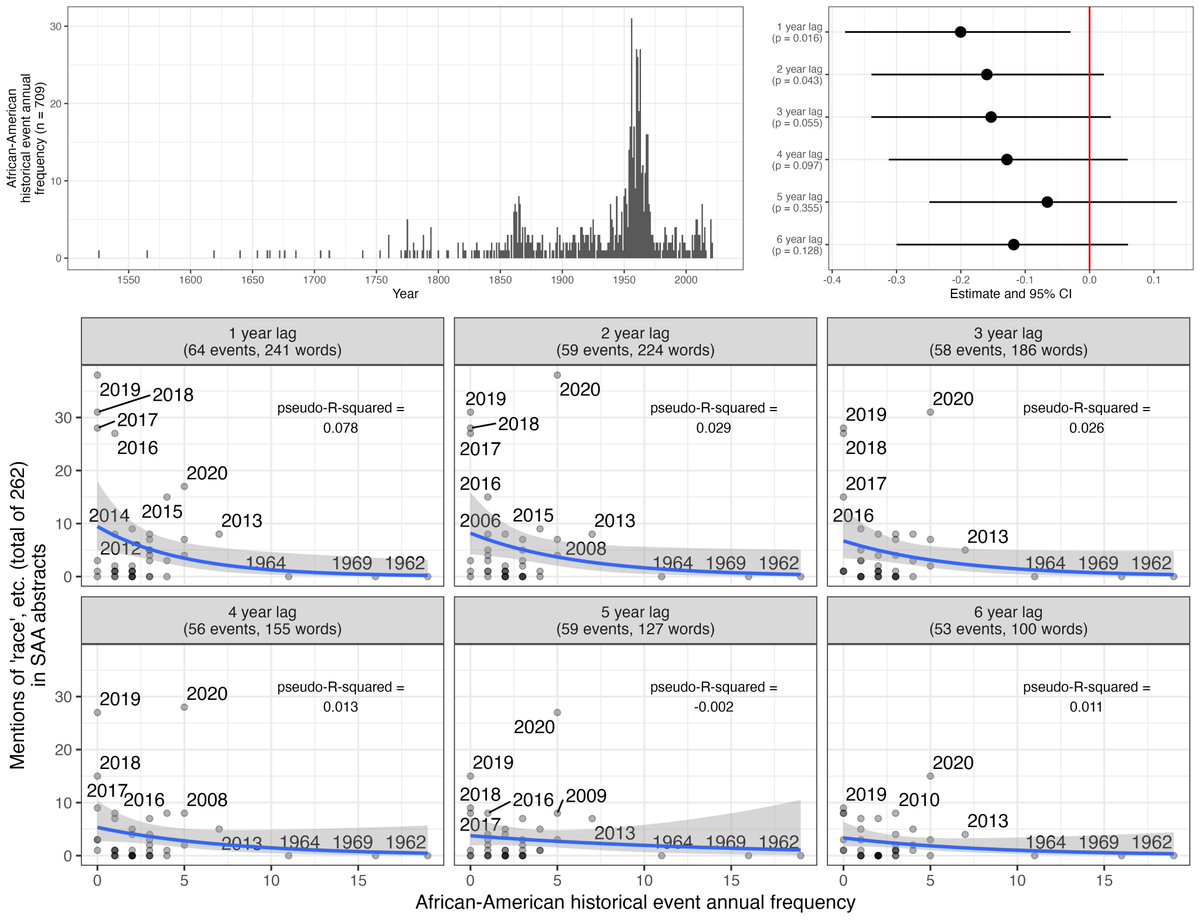
We also explore the subset of events that involve large-scale protest (n = 26) and find a significant positive relationship at 5 yr lag (p = 0.029). Our source of relevant social events : “Timeline of African-American history” on @Wikipedia 12/ 
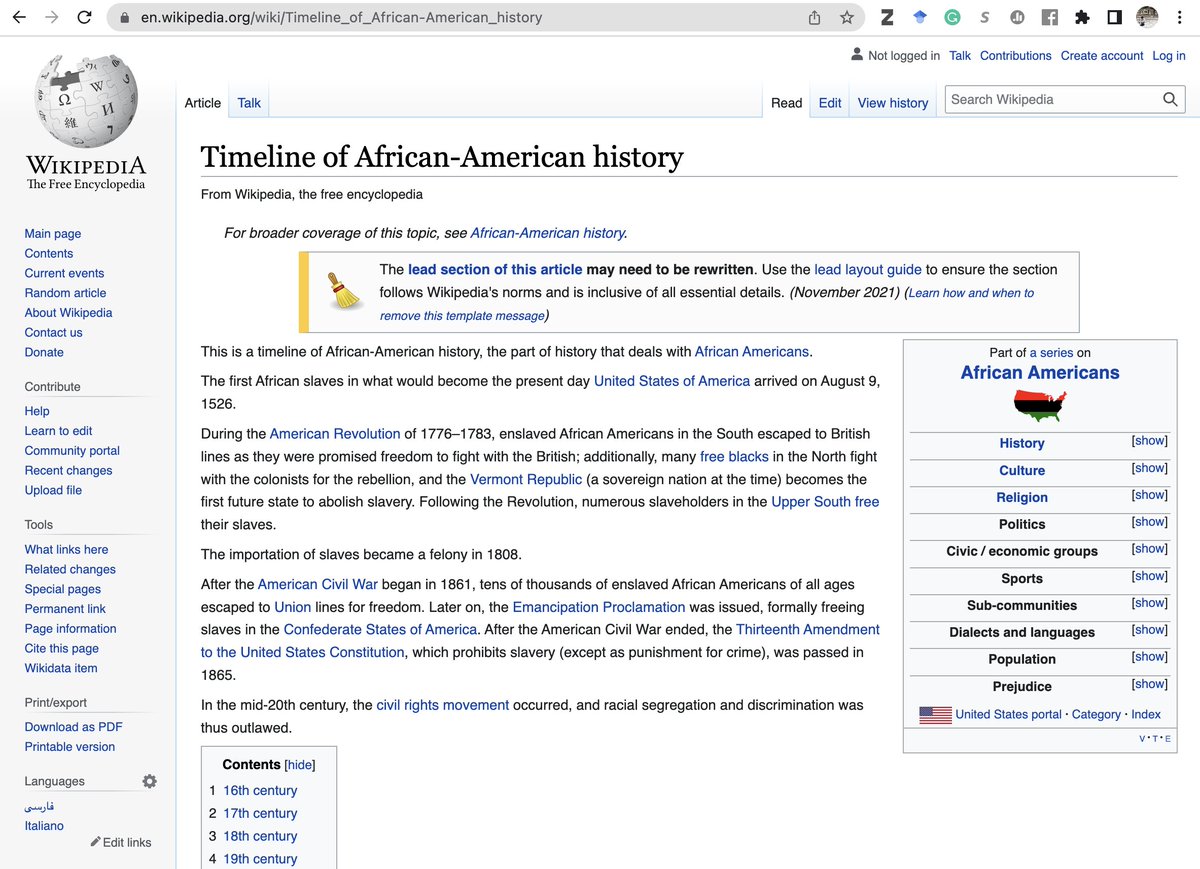
We observed that archaeological engagements with #racism appeared to be dominated by historical archaeology case studies. To investigate our observation, we explored the frequency of our keywords in abstracts of @SHA_org’s journal 13/ 
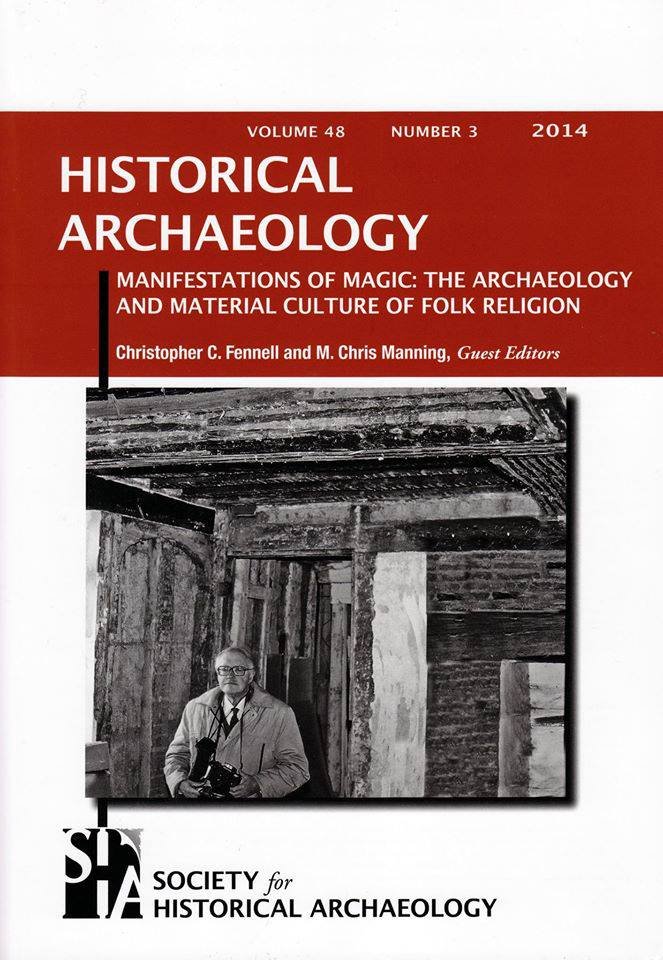
We found that the proportion of keywords to the total word count in @SHA_org’s journal is nearly 10x ⬆️ 🚀 than in the @SAAorg abstracts. Our results show that discussions of racism are concentrated in historical archaeology 14/ 
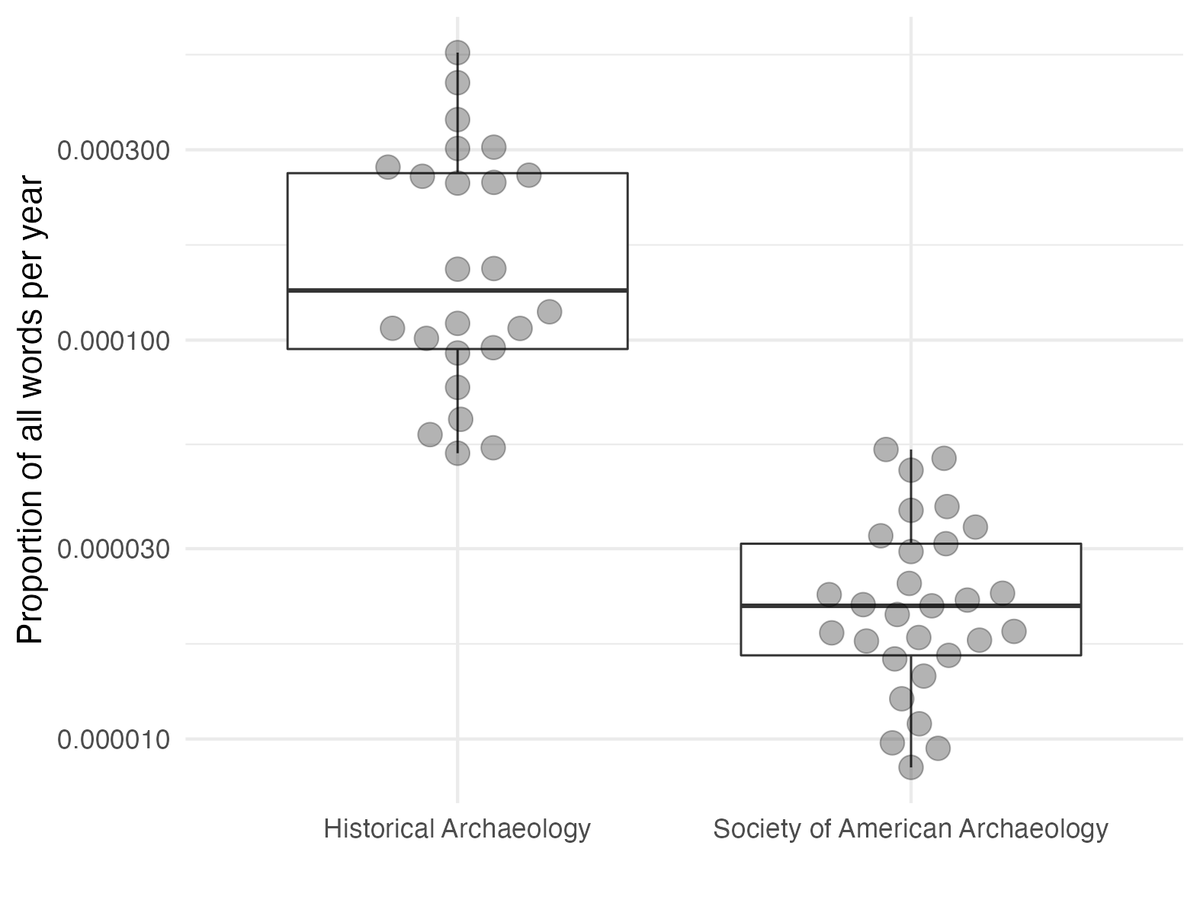
Drawing on the work of @cmatthew65 @PhDoneWichu @mullins_paul @Dr_Chris_Barton @SuccinctBill & others, we conclude that archaeologists rarely engage in discussions of racism in their professional work. 15/ 
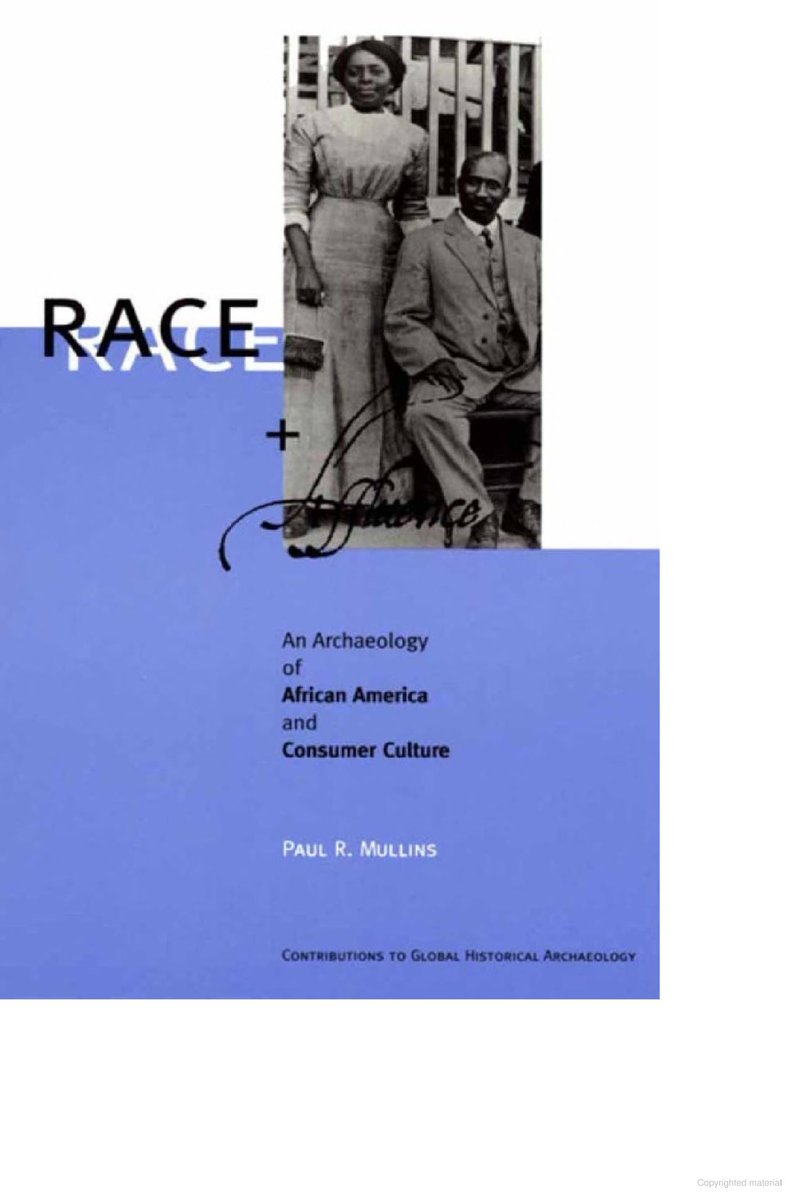
Maybe it is because: 1) the lack of material evidence for it in their work, 2) colonial & European foundation of archaeology, & 3) discomfort to talk about. 16/ 

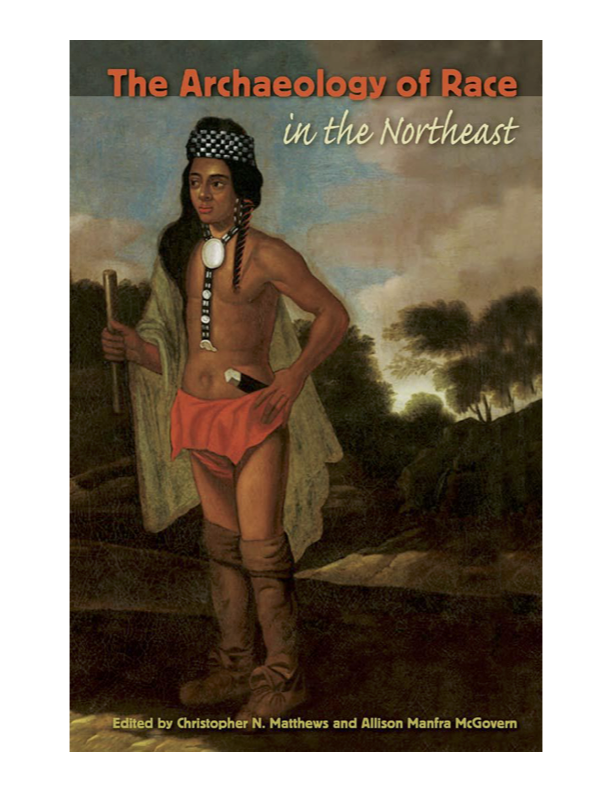
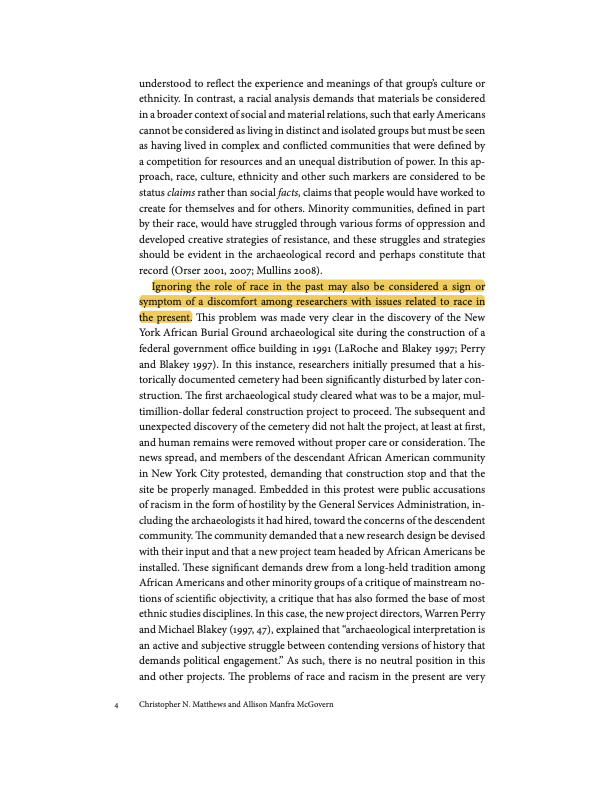
Why is this important? Like Babson (1990) argued, more thorough archaeological investigation of the evidence for, & effects of racism will ensure that our explanations benefit from a more comprehensive understanding of a force that has profoundly shaped our society 17/ 
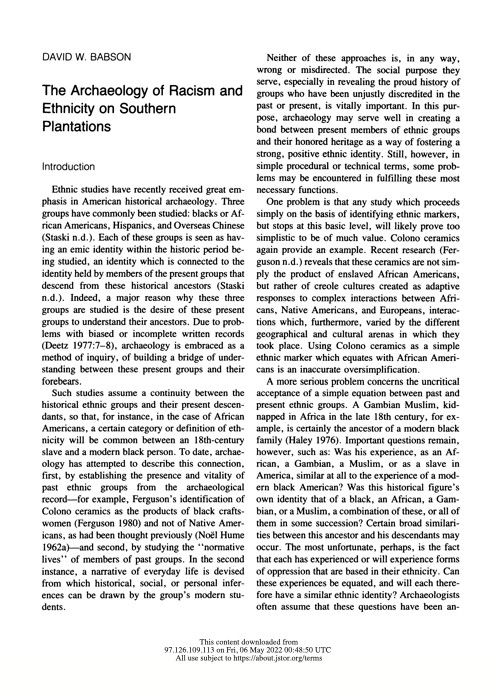
This is also likely to lead to concrete changes, e.g. as recommended by Maria Franklin, @ArchFieldNotes @aflewellen @AliciaOdewale in our profession's practices, demographics & power relations, resulting in greater equality and inclusivity in archaeology 18/ 
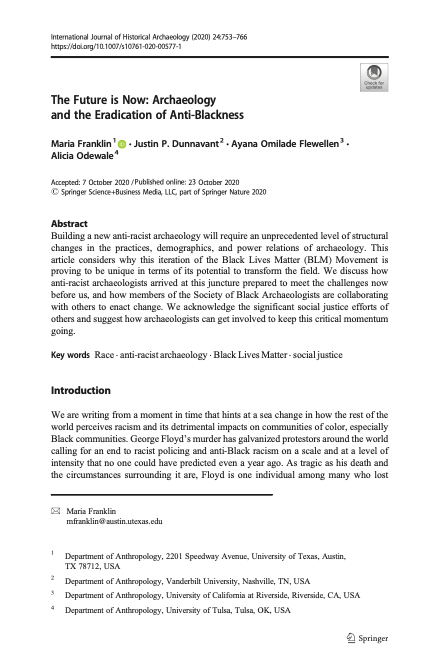
Our data & #rstats code are openly available on @Github github.com/parkgayoung/ra… & @OSFramework doi.org/10.17605/OSF.I… 19/ 
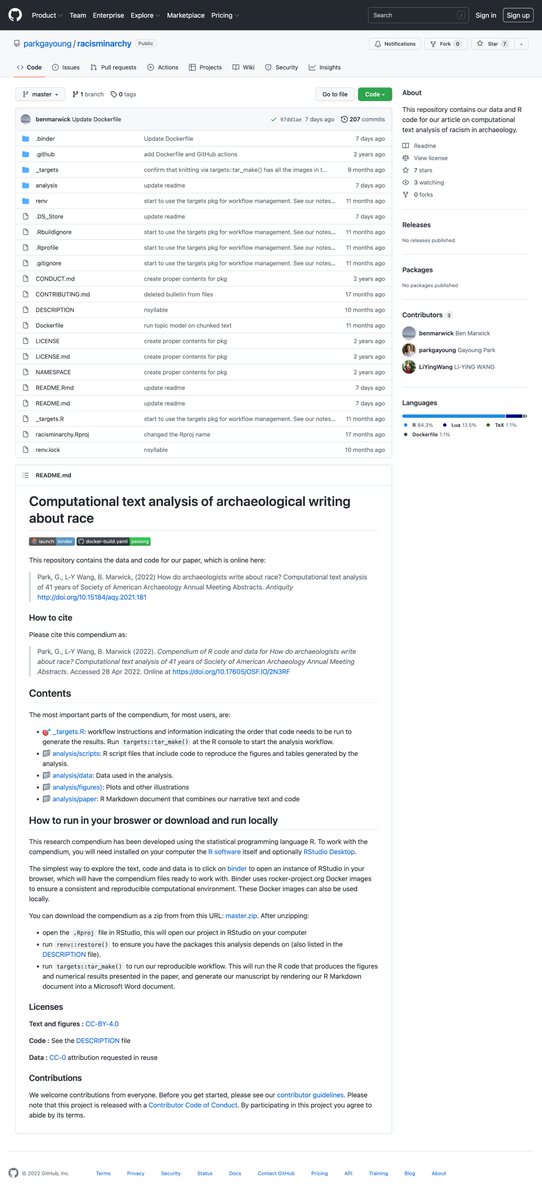
To enhance the reproducibility & reusability of our analysis we used rstudio.github.io/renv/index.html for dependency management & books.ropensci.org/targets/ for workflow management. Highly recommended! 20/ 

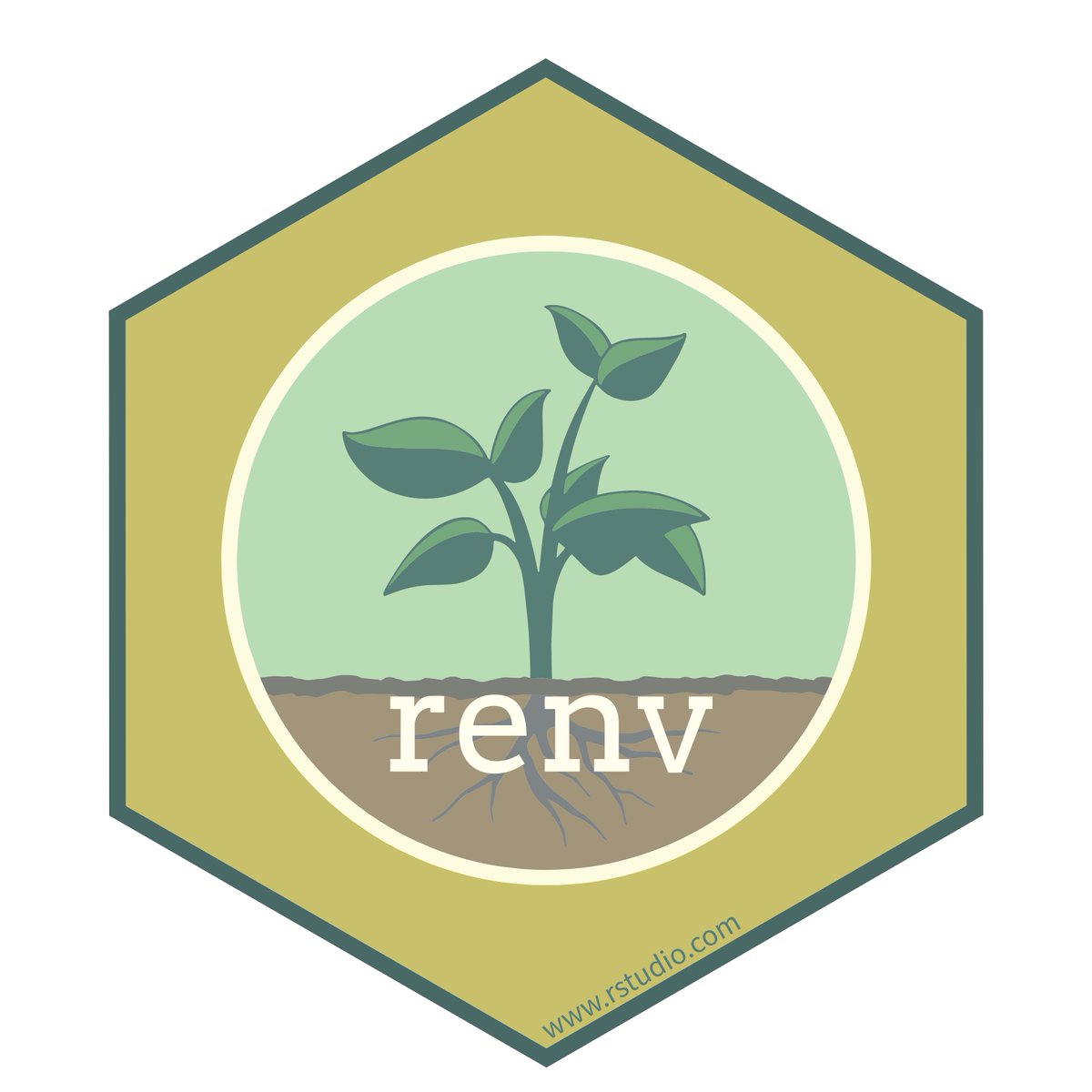
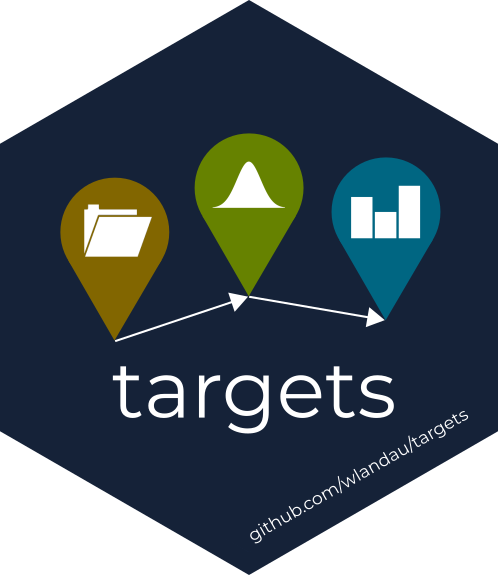
We also have a Binder instance so anyone can run our #rstats code in their browser, no install/download required: mybinder.org/v2/gh/parkgayo… thx @mybinderteam end/ 
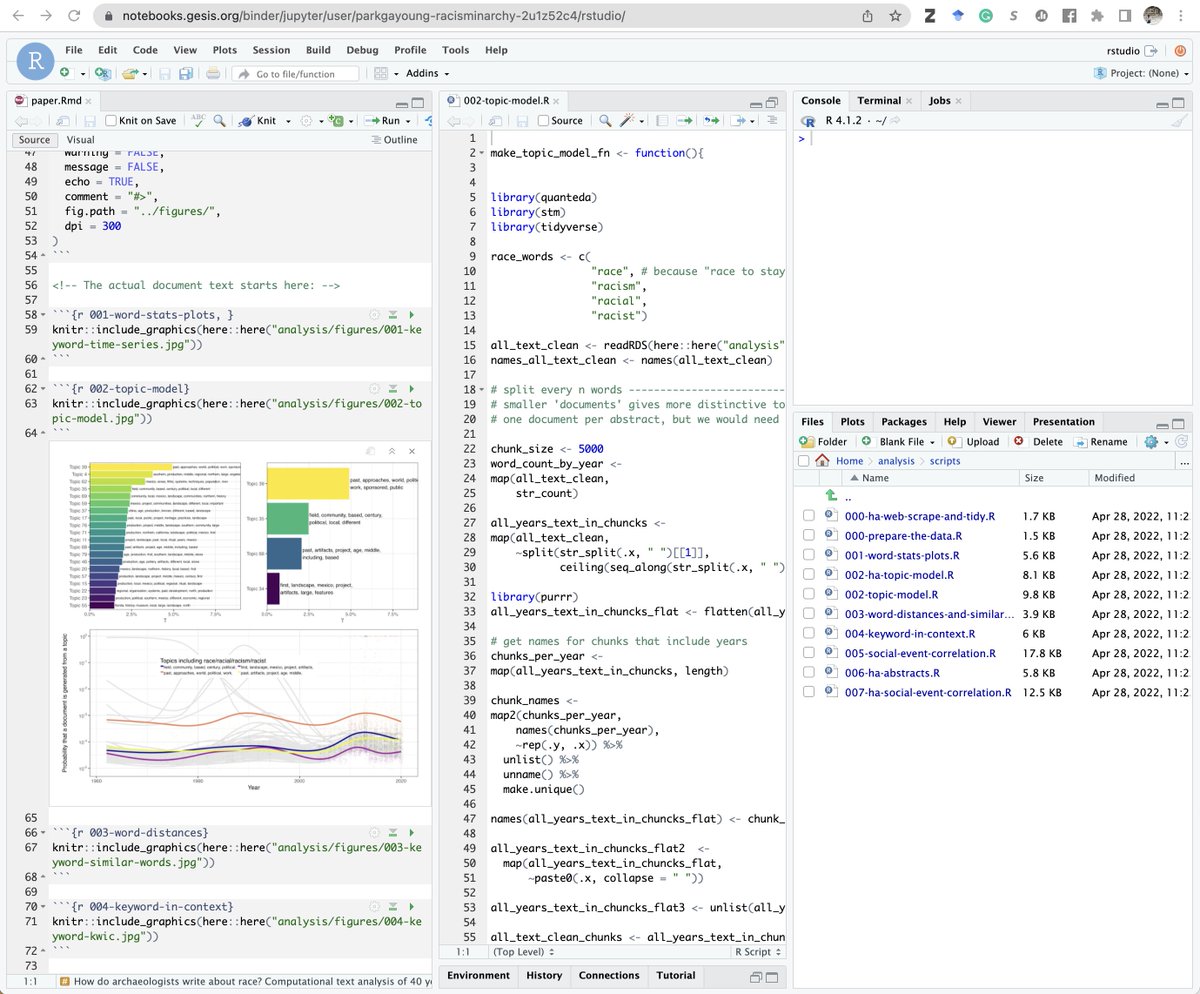
• • •
Missing some Tweet in this thread? You can try to
force a refresh



